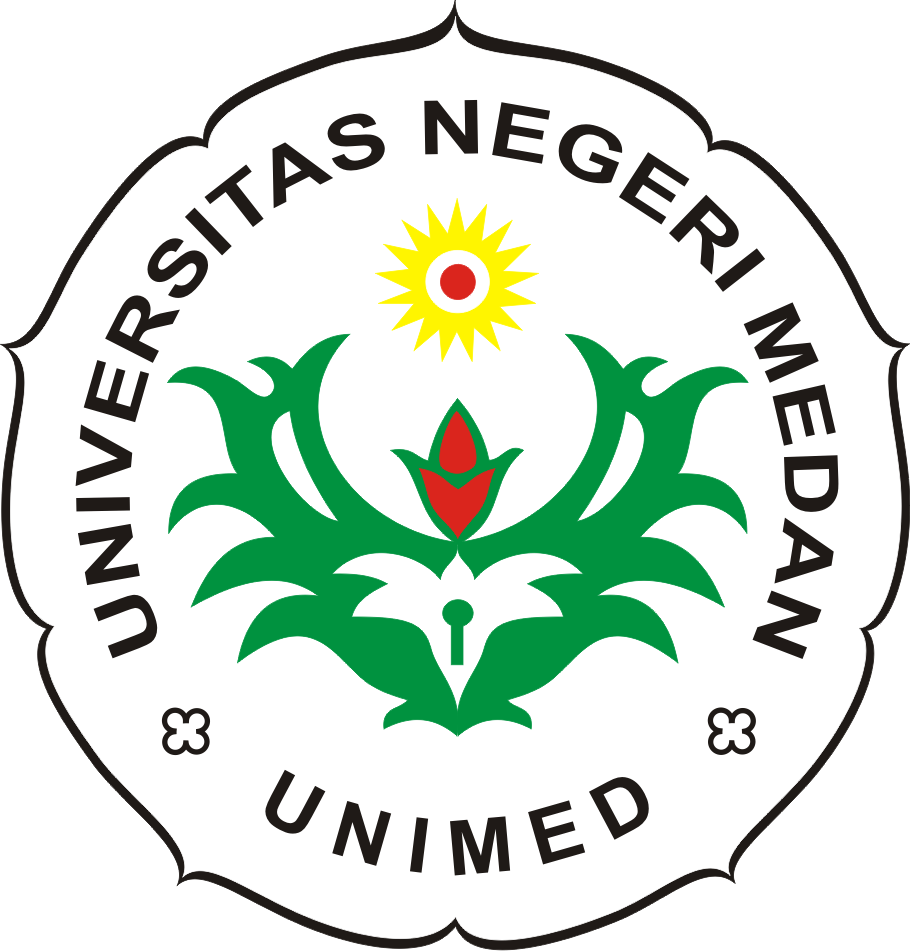Exploring Refusal Strategies among Female EFL Learners: Insights from Indonesian Islamic Boarding School
DOI:
https://doi.org/10.24114/reg.v13i2.58129Keywords:
Refusal Strategies, Female EFL learners, Islamic Boarding School, Discourse Completion Test, Individual DifferencesAbstract
This study investigated the types of refusal strategies employed by female English EFL learners at Daruzzahidin Islamic Boarding School. It utilized a qualitative approach, collecting data through a Discourse Completion Task and interviews with twenty and fifteen students, respectively. The results indicated that the most frequently used refusal strategy was indirect, followed by direct and adjunct strategies. The interviews revealed that the students' choice of refusal strategy was influenced by their family and school environments. This study supports previous research on refusal strategies, but contrasts with findings that suggest a different approach to refusal. The study highlights the importance of considering the social and cultural context in which language is used, as well as the individual differences in language expression. The findings also underscore the need for further research on refusal strategies, particularly using natural speech as data and exploring the topic across various fields such as psycholinguistics and sociolinguistics.Downloads
Published
Issue
Section
License
Copyright (c) 2024 Zulfikar Zulfikar

This work is licensed under a Creative Commons Attribution-NonCommercial-ShareAlike 4.0 International License.
Authors who publish with this journal agree with the following terms:
- Authors retain copyright and grant the journal right of first publication with the work simultaneously licensed under a Creative Commons Attribution License that allows others to share the work with an acknowledgment of the work's authorship and initial publication in this journal.
- Authors are able to enter into separate, additional contractual arrangements for the non-exclusive distribution of the journal's published version of the work (e.g., post it to an institutional repository or publish it in a book), with an acknowledgement of its initial publication in this journal.
- Authors are permitted and encouraged to post their work online (e.g., in institutional repositories or on their website) prior to and during the submission process, as it can lead to productive exchanges, as well as earlier and greater citation of published work (See The Effect of Open Access).
- This work is licensed under a Creative Commons Attribution-ShareAlike 4.0 International License.






